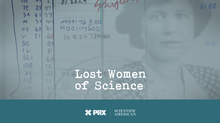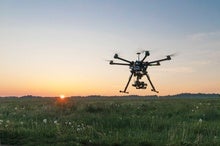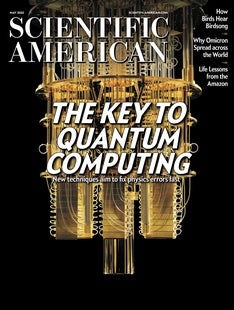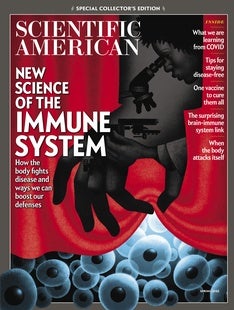 |
| April 19, 2022 |
Dear Reader,
Non-fungible tokens, or NFTs, have been the subject of relentless hype. But now these tokens are receiving endorsements from an unusual source: medical ethicists. Some researchers suggest that minting NFTs of medical data could give people control over who can access their personal information. |
| | Sophie Bushwick, Associate Editor, Technology
| |
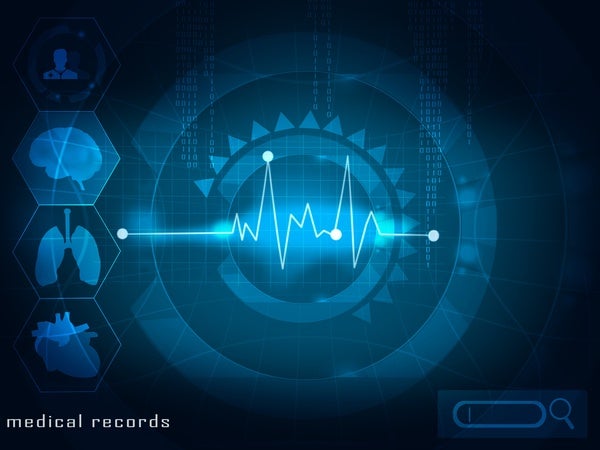 |
| |
| Quantum Computing How to Fix Quantum Computing Bugs The same physics that makes quantum computers powerful also makes them finicky. New techniques aim to correct errors faster than they can build up | | | | |
| |
| |
| |
| |
| |
| |
| |
| |
FROM THE STORE
 | | | |
| QUOTE OF THE DAY
 "Malware designed to target industrial control systems like power grids, factories, water utilities, and oil refineries represents a rare species of digital badness. So when the United States government warns of a piece of code built to target not just one of those industries, but potentially all of them, critical infrastructure owners worldwide should take notice." Andy Greenberg, Wired | |
| |
FROM THE ARCHIVE
 | | | |
LATEST ISSUES
 |
| |
| Questions? Comments?  | |
| Download the Scientific American App |
| |
| |






